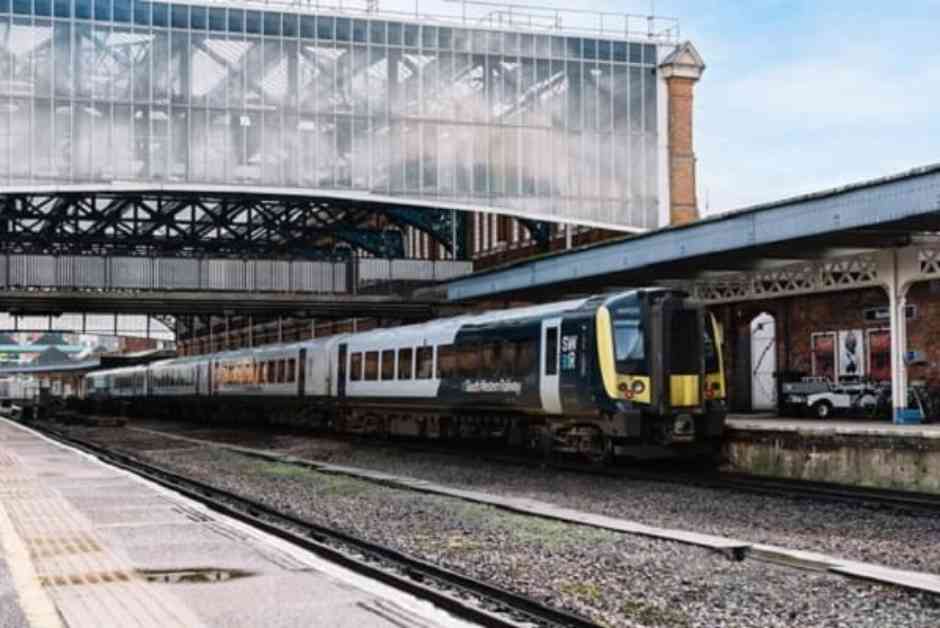Members of the Rail, Maritime and Transport union (RMT) in London have recently voted to accept the pay offers put forward by their employers, effectively bringing an end to the strike action that has disrupted the city’s transportation services in recent weeks. This decision comes after negotiations between the union and the employers, which resulted in an agreement that both parties deemed acceptable.
Background of the Strike
The strike action began as a result of disputes over pay and working conditions, with the RMT members demanding fair compensation for their work and better treatment from their employers. The strikes have caused major disruptions to the London transportation system, affecting thousands of commuters who rely on trains to get to work and other destinations.
Resolution of the Dispute
After several rounds of negotiations, the union and the employers were able to reach a compromise that satisfied both parties. The pay offers that were accepted by the RMT members are believed to be fair and competitive, addressing the concerns that led to the initial strike action. This resolution is a positive outcome for both the workers and the employers, as it allows for the resumption of normal operations without any further disruptions.
Impact on London Businesses
The end of the strike action is welcome news for businesses in London, as the disruptions caused by the strikes had a negative impact on the local economy. With transportation services back to normal, businesses can expect to see an increase in productivity and efficiency, as employees are able to commute to work without any delays or interruptions. This stability in the transportation system is crucial for the overall success of businesses in the city, as it ensures smooth operations and timely delivery of goods and services.
In conclusion, the acceptance of the pay offers by the RMT members marks the end of a challenging period for London’s transportation system. The resolution of the disputes between the union and the employers is a positive development that will benefit both parties, as well as the businesses and commuters who rely on the trains for their daily transportation needs. Moving forward, it is essential for all stakeholders to continue working together to maintain a harmonious and productive relationship that serves the best interests of everyone involved.












